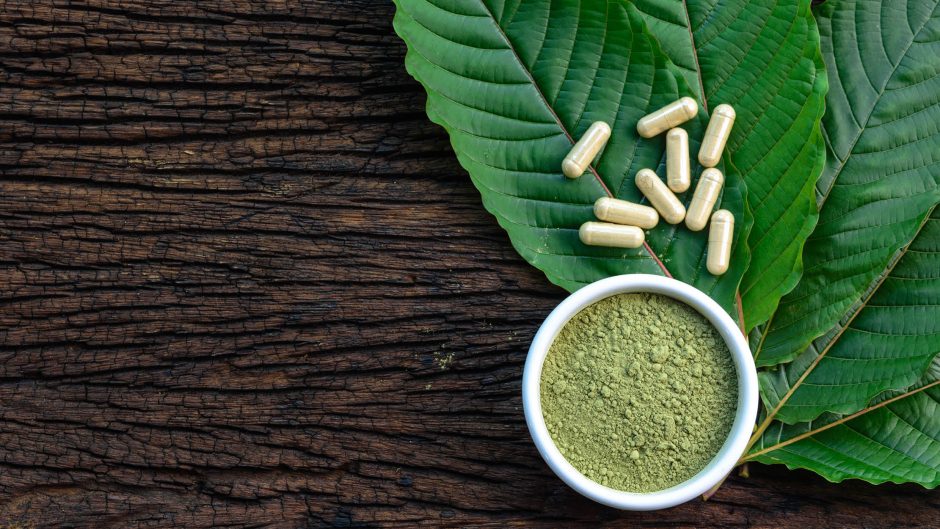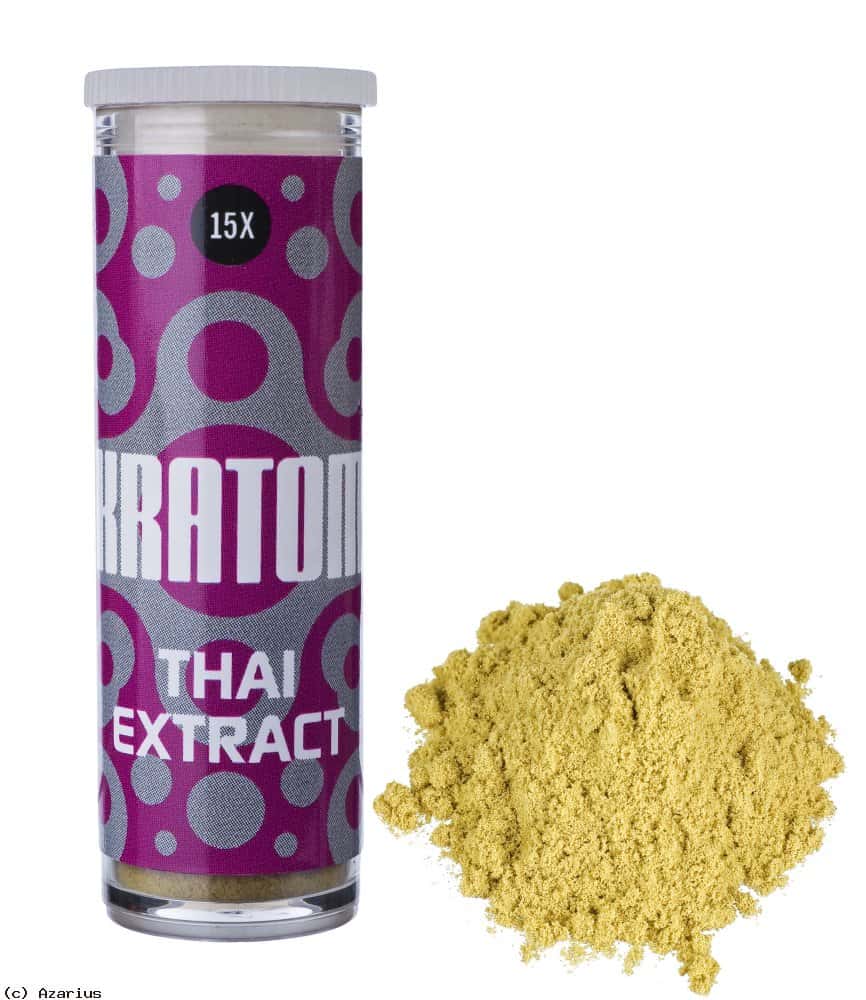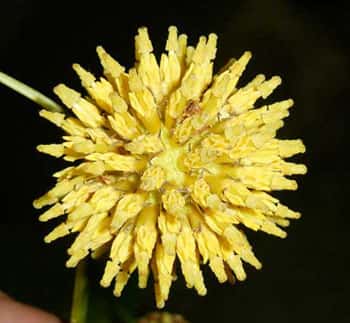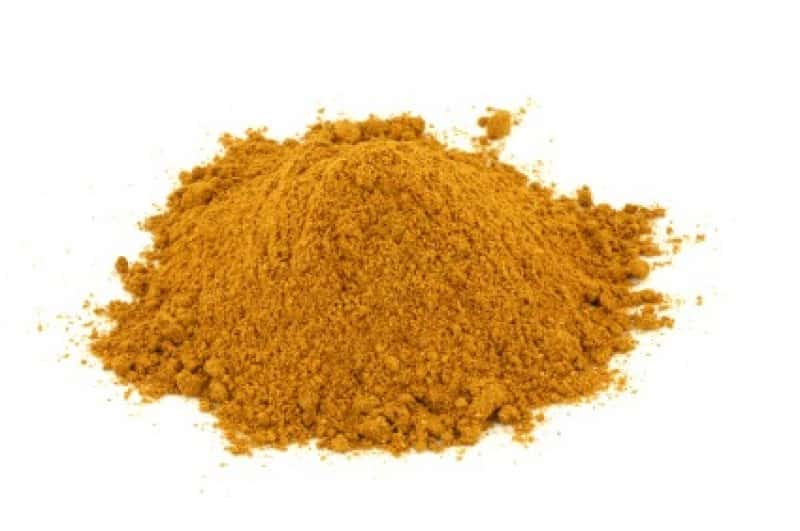A number of 135 villages and 25 communities in 10 provinces, such as Pathum Thani and Nonthaburi, are chosen for a pilot scheme where kratom is allowed for personal consumption.
All provincial governors were advised of this limited easing of the legal prohibition on kratom (Mitragyna speciosa) in a Sept. 9 letter sent by the Interior Ministry’s management centre for narcotics suppression and avoidance.

Of the communities and villages chosen for the pilot project, 90 are in Surat Thani, nine in Phatthalung and Krabi, eight in Nakhon Si Thammarat, seven at Phangnga, five in Ranong, four in Trang, and one each in Chumphon, Pathum Thani and Nonthaburi.
The communities are selected based on their records of classic use of kratom. The plant has been used as a traditional medicine to treat pain, fever, dysentery and diarrhea.
The pilot strategy follows the Justice Ministry’s policy to reclassify the plant at the narcotics invoice following its categorisation as a Type-5 narcotic for the last 78 years.
The law does not permit production, consumption, sale, export, export or possession of this plant, unless allowed by the Public Health Ministry on a case-by-case foundation. Selling it may lead to a prison term of up to two decades and/or a good of 40,000-200,000 baht. Possession can lead to a jail term of up to a year and/or a 2,000 baht fine.
The Interior Ministry has also arranged authorities in these 10 states to create arrangements to facilitate the easing of their legal prohibition and set up community-level committees to track the use of this plant and prevent its abuse.
In 2017, the Office of Narcotics Control Board chose a neighborhood at tambon Namphu, in Surat Thani’s Ban Na San District, for a pilot scheme which reported a couple of instances of misuse because the community introduced its own code for regulated use. It had been that success which led to the enlarged scheme.



